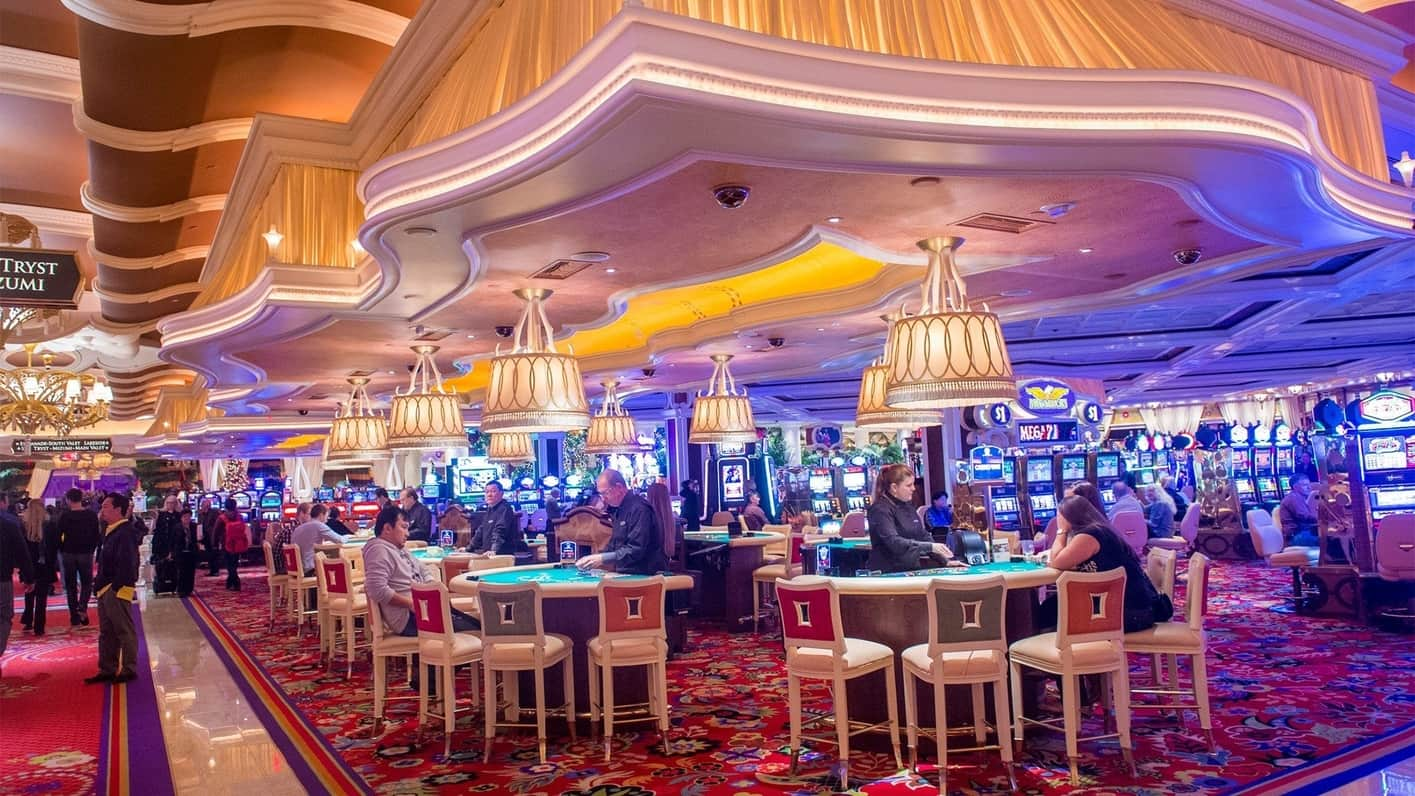
Casino games have long been an integral part of human culture, delivering not just entertainment but a fascinating reflection of our hopes, dreams, and anxieties. From the spinning reels of a slot machine to the tactical play of poker, these games encapsulate a variety of human feelings and events. At their core, casino games are more than a chance to make profits; they are a snapshot of life itself, where danger and gain converge and luck can change in an moment.
As players convene around tables or sit in front of vibrantly illuminated machines, they take part in a ritual that transcends mere betting. These games mirror our innate desires for connection, thrill, and the quest for chance. They also unveil deeper truths about human behavior, such as our relationship with fate and the thrill of risk. In exploring casino games, we discover not only the rules of play but also the rich tapestry of the human experience, showcasing our woven narratives of hope and reality.
The Psychology of Gambling
Wagering is intrinsically connected in human psychology, appealing to various emotions and desires. The thrill of taking risks is a core aspect that attracts participants, whether it’s excitement of spinning a roulette wheel or the excitement of drawing a winning card in a poker game. This adrenaline is often compared to other forms of thrill, as the uncertainty of outcomes elicits a distinct psychological response. Gamblers often become captivated by the possibility of winning big, leading to an irresistible draw toward gambling games.
Another, an essential component of the psychology behind gambling is the concept of hope and ambition. Participants often nourish dreams of financial freedom and the opulent lifestyle that can follow winning. This hope fuels their ongoing participation in gambling, as it provides a sense of meaning and the conviction that a transformative win could be just one bet away. The story of overcoming odds and achieving success resonates with many, reinforcing their commitment to play and engage with these games.
Finally, social dynamics play a significant role in gambling psychology. Gambling venues are designed to promote social interaction, where players gather to share the experience of wins and losses. This communal aspect not only enhances enjoyment but also influences behavior, as individuals often imitate the actions of others around them. The social validation found in shared excitement can enhance the emotional experience, making casino games a mirror of not just personal desires but also collective engagement within the gambling community.
## The Dual Nature of Risk and Reward
Gambling games embody the subtle balance between risk and reward that resonates deeply with the human experience. FB88 The rush of placing a bet is often accompanied by a rush of adrenaline, as gamblers are confronted with the possibility of striking it rich, yet conscious of the potential to lose. This bipartisan experience reflects a core aspect of life: the paths we choose often come with inherent risks, and the chase for gain can compel us to make risky moves we might not typically consider. In this way, casino games reflect real-world decisions, enticing gamblers to gamble not just their money, but also their hopes.
The allure of grand jackpots and winnings fuels a sense of optimism, motivating players to imagine a brighter future that could manifest from a lucky spin of the roulette or dealing of a hand. This hope can drive individuals to engage in more daring actions, urging them to take greater risks in search of economic benefit. However, just as in life, the results of these risks can lead to both triumph and failure. The stories of both jackpot winners and those who have faced losses everything at the tables demonstrate the random nature of luck and its impactful effect on our futures.
Ultimately, the interaction of engaging with gambling activities serves as a vivid illustration of the nature of humanity. Every session played is filled with the tension of ambiguity, as gamblers weigh the gains against the risks. This interaction not only highlights the thrill that comes with betting but also exposes the weaknesses that come with the longing for more. As we explore the challenges of decision-making and results in both the casino and in life, we find that the pursuit of risk and reward shapes our sense of self and experiences in deep ways.
Culture and Loneliness in Casino Environment
Gambling environment is a special combination of social interaction and personal endeavor, reflecting the tensions of individual experience. Players often come together around games, sharing in the excitement of the game, celebrating wins, and sympathizing over losses. This communal aspect is crucial, as it fosters a sense of belonging and camaraderie among diverse groups of individuals. Regular attendees to casinos may build friendships and develop routines, turning the casino into a alternative home where they experience connected to a greater community of gamblers.
However, the attraction of casino games can also result to loneliness. As players become immersed in the excitement of playing, they may withdraw from personal connections or neglect to interact with the world outside the gaming space. For some, the search of a jackpot can overshadow genuine connections, leading to isolation. The experience of being surrounded others yet feeling solitary is not rare, as the focus shifts from collective fun to the individual stakes of each individual’s journey.
This interaction of community and isolation creates a rich mosaic that defines gaming culture. It highlights the intricacy of human interactions, where happiness and sorrow coexist. Casinos serve as both a refuge for social engagement and a platform for individual challenges, illustrating how intimately connected our desire for companionship and the personal quest for fortune can be. In navigating this landscape, players confront their own stories—seeking both the thrill of the game and the companionship of fellow players, ultimately reflecting the wider spectrum of individual experience. Đăng nhập FB88
